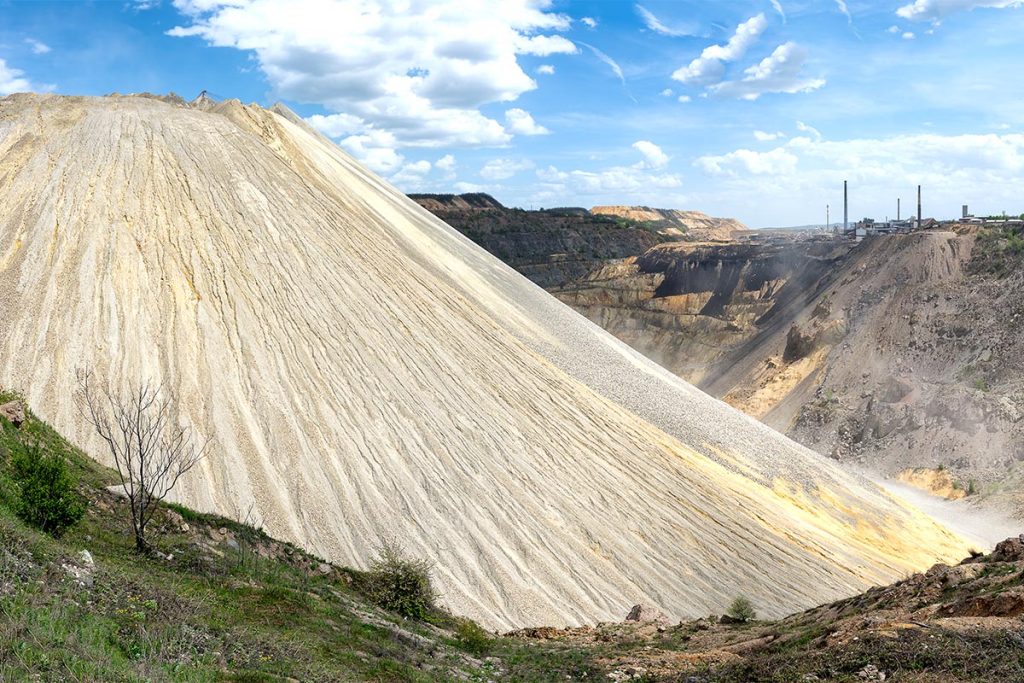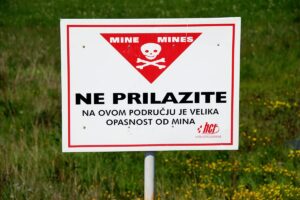Serbia stands at a crossroads where business and politics intertwine, shaping the country’s economic future in ways that spark both ambition and concern.
Few understand this dynamic better than Zoran Drakulić, a businessman who has built his career navigating industries from energy to metals. While foreign investments are often hailed as engines of growth, he warns that Serbia may have traded control over its most valuable resources for short-term gains—at a cost that is only now becoming clear.
In this conversation, Drakulić doesn’t mince words about the country’s economic trajectory. He reflects on what he sees as missed opportunities in managing national assets, the looming impact of U.S. sanctions on the oil sector, and why lithium mining in Serbia could be a costly miscalculation. At the heart of his perspective is a fundamental question: Who truly benefits from the decisions shaping Serbia’s economy— and what does that mean for its future?
You have long warned about the fatal consequences of Serbian politics. What were the most significant indicators over the past decade that Serbian policy was heading toward decline?
I will focus primarily on the consequences of Serbian policy concerning Serbia’s economy. I have long stated that the country has chosen the wrong path—one that was not directed toward Serbian resources or Serbian entrepreneurs. Unfortunately, only in the past month has the government realised that, given the current international circumstances and global and European economic trends, this is the right approach. I fear that too much time has been lost and that some Serbian resources have already been handed over to foreign entities, such as NIS, Bor, and other metal mines, making it very difficult to regain control over these strategic assets.
Serbian agriculture has the potential to feed 40 million people, and it is absurd that we import large quantities of agricultural products
I would particularly highlight the issue of Serbian agriculture, which has suffered due to disastrous policies and poor subsidy management. As a result, our livestock industry has collapsed, and farmers are on the brink of survival. Serbian agriculture has the potential to feed 40 million people, and with global population growth and diminishing arable land, food will become a crucial strategic commodity. It is absurd that we now import large quantities of agricultural products, including meat because our farmers cannot compete.
How do you see a possible solution to the Naftna Industrija Srbije (NIS) crisis following the U.S. administration’s decision to impose sanctions?
This issue should have been resolved much earlier. As early as 2022, after the war in Ukraine began, I sent a message to Prime Minister Ana Brnabić, urging immediate action to reclaim NIS. Nothing was done about it, and we even allowed the initial 45-day deadline to pass without any results. We boast about Russia being a great friend, but in this situation, they are using us as a political tool.

This issue must and can be resolved because if the sanctions persist for a long period, we will not be able to supply the domestic market. The biggest problems involve fuel storage and logistics, as we need to transport between 200,000 and 250,000 tons of fuel into Serbia every month.
In a recent interview, you suggested that the state should nationalise strategically important companies, specifically mentioning the Bor copper mine. Do you believe such a move could be executed without consequences in international arbitration?
I am now even more convinced that under new political circumstances, Serbia must reclaim or, if necessary, nationalise both Bor and NIS. Of course, Russian and Chinese partners should be provided with appropriate compensation or alternative concessions—perhaps offering a share of future copper production in Bor.
Bor is currently facing an environmental catastrophe, with cancer rates quadrupling due to the use of low-quality imported concentrates. This situation underscores the need for professional management in strategically important companies. Such firms cannot be left in the hands of political appointees; if necessary, we should bring in foreign management.
If sanctions on NIS remain for an extended period, we won’t be able to supply the domestic market with fuel
Regarding arbitration, I believe there are strong arguments related to past corruption and mismanagement in these companies, which will undoubtedly come to light. As a result, international arbitration may not be a major issue.
You have been outspoken against lithium mining in Serbia and were one of the signatories of an analysis highlighting the negative economic effects of the Jadar lithium project. Do you feel isolated in your criticism compared to the rest of Serbia’s business community, including members of the “Privrednik” club, where you previously served as president?
The Jadar project is unacceptable, as confirmed by experts in this field, particularly those knowledgeable about lithium extraction technologies and the devastating environmental impact of mining in a region rich in clean water and dependent on agriculture. I firmly believe that this project is part of the current government’s corrupt policies.
It is a fact that extracting lithium from Serbian ore cannot be done without severe environmental consequences. That is why I strongly oppose this project.
As a businessman, how do you view the criticisms of Expo 2027 and the calls to halt its organization in Serbia?
Several people have spoken out about the Expo project, especially regarding the special laws being passed to facilitate it— once again enabling the continuation of corruption in Serbia. The investment required for a 90-day exhibition is not justified, and the return on investment will never be realised.

The current government has not convinced us of the long-term purpose or profitability of this project once the event is over.
When stepping down as president of the “Privrednik” club, you stated in an interview that “corruption constitutes a major part of the economy” in Serbia. Has anything changed since then?
I don’t believe anything has changed regarding corruption. We are currently witnessing widespread discontent among students following the Novi Sad tragedy that claimed 15 lives. Behind this incident, there is clearly corruption that led to serious professional failures.
Extracting lithium from Serbian ore is proven to be impossible without catastrophic environmental consequences
Once again, I emphasise that the real culprit is not the profession itself but the corruption that influenced the project.
Recently, we have seen the arrests of individuals linked to corruption and connected to the government, proving what we have long known—that the current administration is sustained by large-scale corruption. Some minor players who have been arrested accumulated millions of euros worth of assets in a short period.
Just imagine what will happen when the major figures in this corruption network are exposed. Many citizens will be shocked by the sheer scale of corruption in Serbia.






